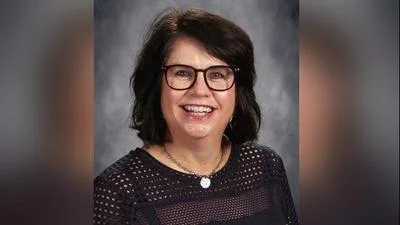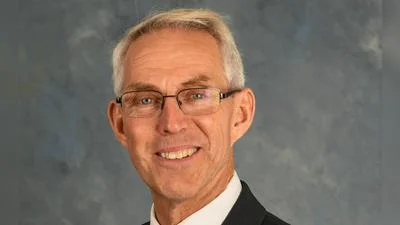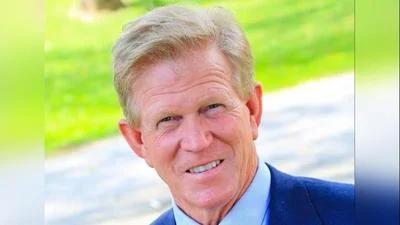Sandra Gillet District H Board Member | Effingham County
Sandra Gillet District H Board Member | Effingham County
Several years ago, concerns were raised about the legality of Shelby County's hiring of private counsel and paying them with public funds. The issue was highlighted in a recent court session where Judge Brian Kibler emphasized that county officials cannot legally hire private attorneys for representation.
Judge Kibler's insight into this matter stems from his experience as State’s Attorney in Effingham County, where a similar situation occurred. In that case, the Effingham County Board hired private counsel, which led to legal challenges. The court ruled against the hiring based on interpretations of Illinois law.
"The court does not agree with defendants’ position that the 'services' language of 55 ILCS 513-9006 empowers the SA to hire attorneys outside of the assistant state’s attorney realm," reads a statement from an earlier case cited by Kibler. This interpretation was significant in requiring county boards to rectify their actions regarding illegal hirings.
In Shelby County, parallels are drawn between current events and past incidents involving Ed Flynn's hiring as private counsel. Despite court orders indicating otherwise, Flynn received payment for services through county insurance funds rather than being officially hired by the county.
Observers note a lack of response from those who previously criticized similar cases yet remain silent on these recent developments. Questions arise about why taxpayer dollars continue funding actions deemed illegal by courts.
A notable point made during discussions is that "the State’s Attorney is 'the attorney and legal adviser of the county officials in all matters pertaining to the official business of the county,'" according to case law cited from Ashton v. Cook County (384 Ill.).
This ongoing issue reflects longstanding concerns about legal representation practices within Illinois counties since its initial exposure in 2012.






 Alerts Sign-up
Alerts Sign-up